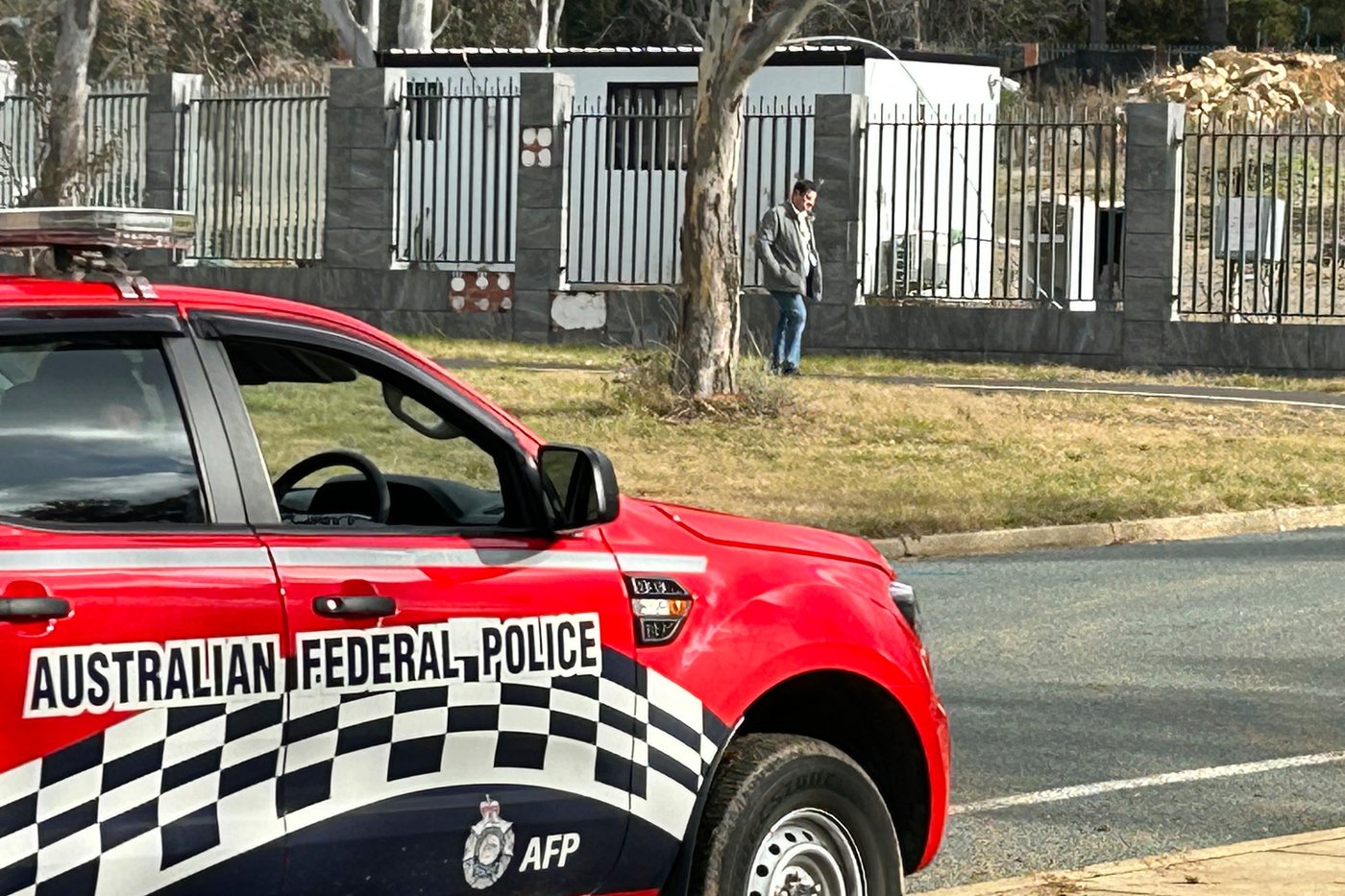Elevate your local knowledge
Sign up for the iNFOnews newsletter today!

MELBOURNE, Australia (AP) — Australia’s highest court on Wednesday rejected Russia’s challenge to a law that evicted the state on security grounds from a site where Moscow wanted to build its new embassy.
Seven High Court judges unanimously ruled that while the Australian government was entitled to cancel the lease in the national capital Canberra, it also owed Russia compensation.
Australia must pay half Russia’s legal costs for bringing the case to court.
Attorney-General Michelle Rowland said she welcomed the court’s finding that the government had acted lawfully in terminating the lease.
“Australia will always stand up for our values and we will stand up for our national security,” Rowland said in a statement.
“The government will closely consider the next steps in light of the court’s decision,” she added, referring to paying compensation.
The Russian Embassy did not immediately respond to The Associated Press’s requests for comment on Wednesday.
The Australian government in 2008 granted Russia a lease over the land 300 meters (328 yards) from Parliament House to build a second embassy. Russia continues to occupy a Soviet-era embassy in the suburb of Griffith further from the parliament.
In 2023, Prime Minister Anthony Albanese said at a press conference his government “received very clear security advice as to the risk presented by a new Russian presence so close to Parliament House.” The Parliament passed emergency legislation canceling the lease on the same day.
The law came after Russia won a Federal Court appeal against local Canberra authorities’ decision to evict.
The site remained largely undeveloped at the time apart from a small consular building.
Russia accused Australia of “Russophobic hysteria” for revoking the lease.
Russian lawyers had argued in the High Court that the law ending the lease was unconstitutional because there was no evidence of a national security threat.
Failing reinstatement of the lease, Russia was entitled to compensation, the lawyers argued.
Security advice provided to the government by the Australian Security Intelligence Organisation spy agency was not detailed in court due to its secret nature.
Russia’s lawyer Bret Walker had argued it was offensive to assume people would willingly give up their property without compensation because national security grounds were invoked.
Walker said it was “really disturbing” to propose taking land without compensation on national security grounds where no explicit threat had been proven.
Australian government lawyer Stephen Donaghue had argued the government had the power and authority to make laws stripping the Russians of their lease.
Compensation should not be paid to a nation “for problems they cause themselves,” Donaghue told the court.
Want to share your thoughts, add context, or connect with others in your community?
You must be logged in to post a comment.